CDL Classes in Connecticut, Massachusetts, and Rhode Island
If you’re ready to start a new training path to become a professional truck driver, New England Tractor Trailer Training School (NETTTS) is here to help. A Commercial Driver’s License (CDL) is required to drive large vehicles like tractor-trailers, dump trucks, box trucks, and more. Our CDL training programs give students the skills and experience needed to drive safely and confidently.
With campuses in Bridgeport and Somers, CT, Pawtucket, RI, and North Andover, MA, NETTTS offers hands-on training in commercial trucks, both on our driving range and out on the road. Our instructors bring real-world experience to the classroom and behind the wheel to help guide you through each step of training.
CDL Training Programs at NETTTS
Our truck driving school offers two main types of CDL classes: Class A and Class B. Each one is designed to help prepare students to earn their CDL license and begin a career in commercial driving.
Class A CDL Classes
Class A CDL training is for drivers who want to operate combination vehicles, like tractor-trailers, flatbeds, and tankers. These vehicles typically have a gross vehicle weight of 26,001 pounds or more and tow another unit weighing more than 10,000 pounds.
Class A CDL classes include
- Permit preparation and written test support
- Vehicle inspection and maintenance training
- Hands-on driving with professional instructors
- Simulator practice for shifting, night driving, and various weather conditions
- Road test sponsorship
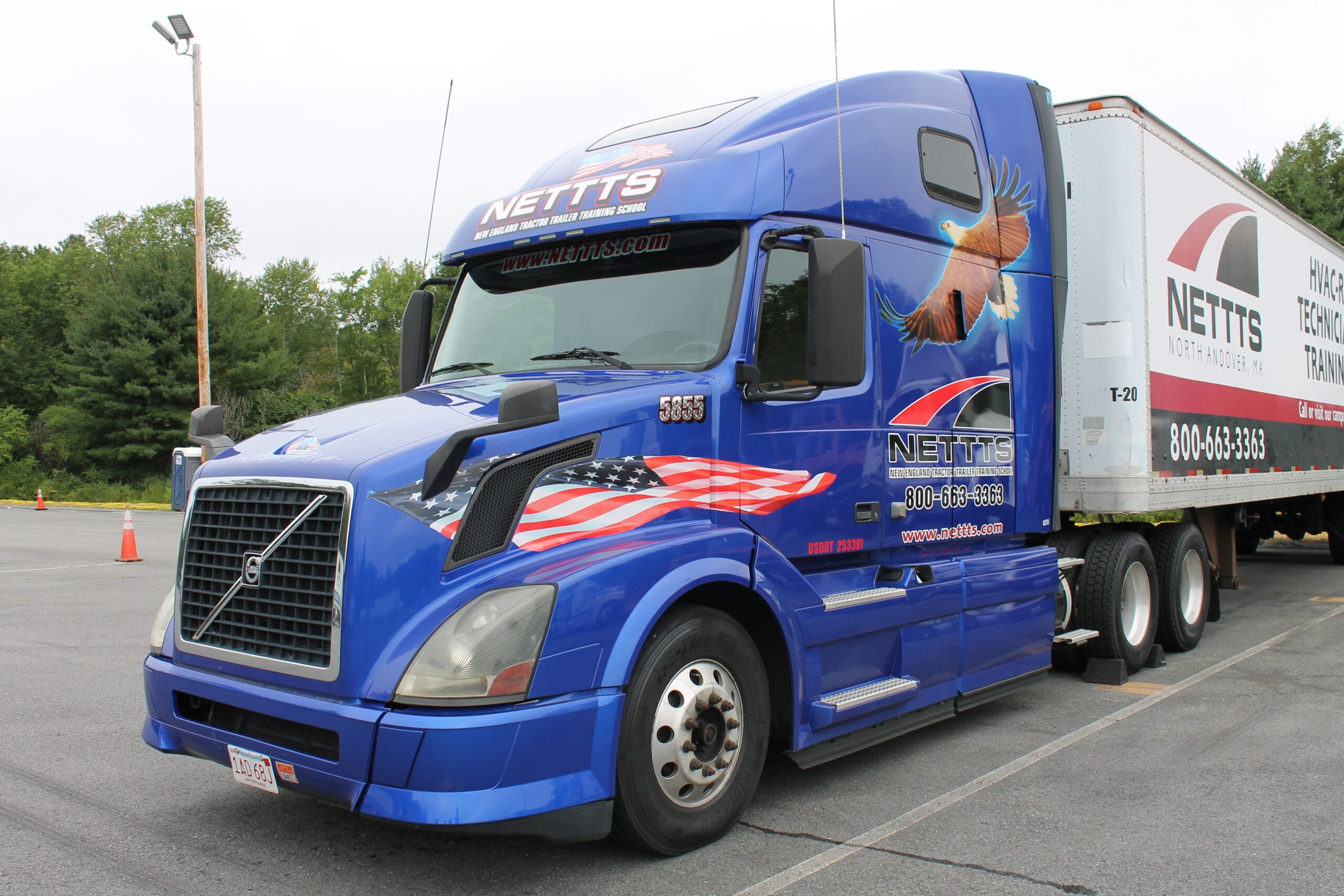
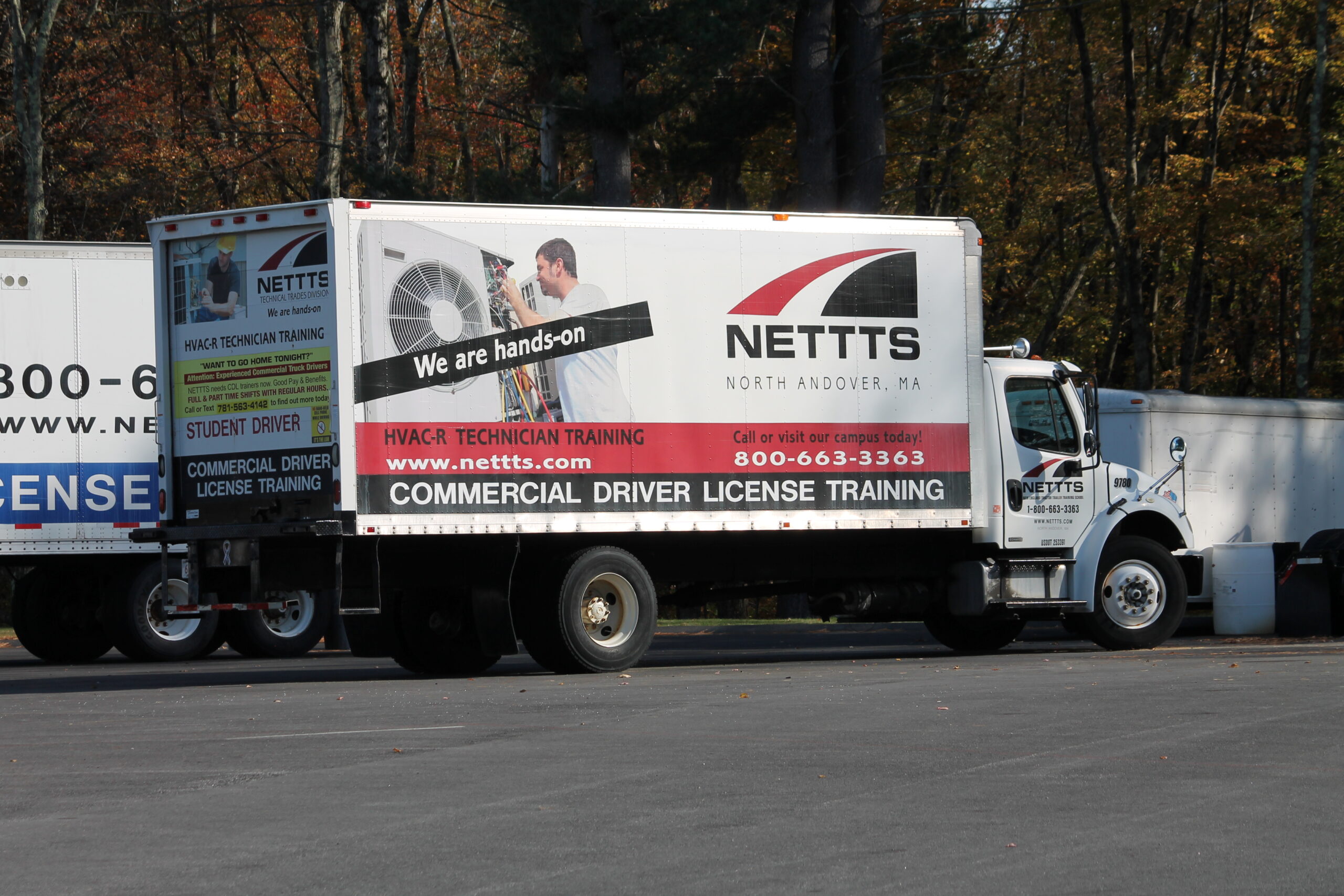
Class B CDL Classes
Class B CDL training is for drivers of single vehicles that exceed 26,000 pounds, such as dump trucks, box trucks, cement mixers, and delivery trucks.
In Class B CDL classes, students are taught
- How to prepare for and pass the CDL permit exam
- Safety practices and driving regulations
- Truck inspections and system checks
- On-the-road training with experienced instructors
- Road test sponsorship and guidance
Why Choose NETTTS for CDL Training
NETTTS has 60 years of experience as a truck driving school. We’ve helped thousands of students across New England prepare for careers in commercial driving. Benefits of attending NETTTS include:
- Financial aid for those who qualify
- Career services support for job hunting and resume prep
- Professional instructors with real driving experience
- Access to our fleet of trucks and trailers for training
- Driving simulator to help build skills safely
- Defensive Driving Certification through the National Safety Council
- Approved Entry-Level Driver Training (ELDT) provider by the Federal Motor Carrier Safety Administration
CDL Program Admissions Requirements
Want to know what it takes to get started? Visit our CDL School Requirements page to learn more about admissions and program eligibility.
What Our CDL Graduates Have to Say
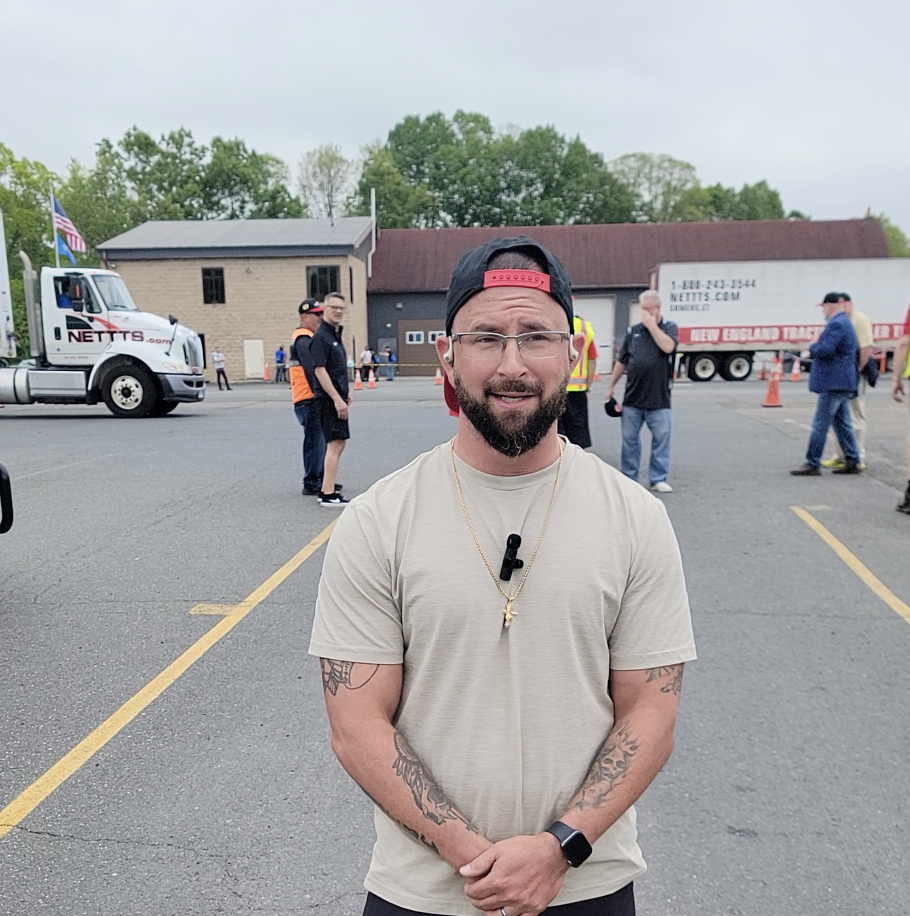
Allen S.
CDL Graduate
Somers, CT
Summer 2025
My experience at Somers has been phenomenal. The staff here, they all care. Shoutout to all the instructors. They’re here to guide you, answer question, and walk you through mishaps; so shout out to them. I should have started sooner!

Carlos G.
CDL Graduate
Somers, CT
Summer 2021
Coming to NETTTS was the best choice I made for my future career. I was given all the tools I needed to succeed as a CDL class A driver with my current job as a leader/trainer at Werner Enterprise.*
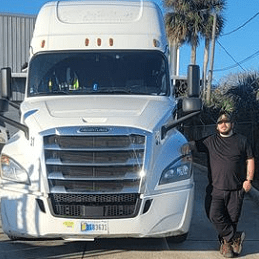
Derrick C.
CDL Graduate
Pawtucket, RI
Winter 2016
Going to NETTTS was the best decision I’ve ever made. Great Administration, great instructors, and just a great school all around.
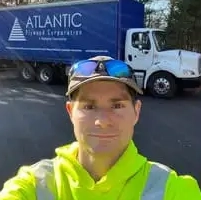
Madison H.
CDL Graduate
Pawtucket, RI
Spring 2024
NETTTS gave me the tools and instruction necessary to pass my CDL test on the first try, as well as skills that I use every time I drive. I would encourage new students to ask lots of questions, because the instructors have a lot of knowledge to offer!*
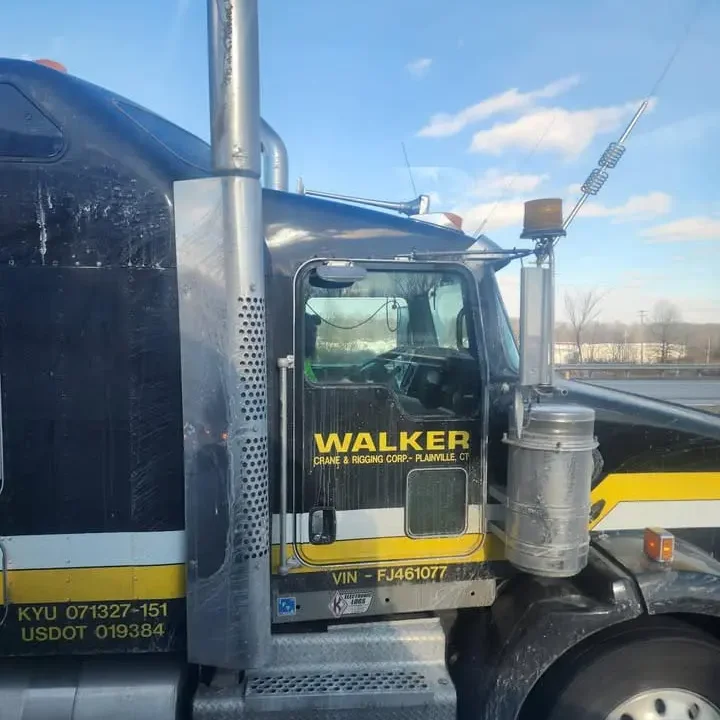
Nathan D.
CDL Graduate
Somers, CT
Summer 2024
My experience at NETTTS was very good. The instructors taught me a lot in the classroom and definitely helped me learn and understand the reality of trucking. I use what they taught me every day.*

Nicole G.
CDL Graduate
Somers, CT
Spring 2014
NETTTS is so thorough with their training that I went from not knowing how to back up my own car to nearly a decade of safe driving as a trucker. Thanks to NETTTS for believing in each one of their students, no matter what their background entails.

Sue B.
CDL Graduate
Bridgeport, CT
Spring 2025
I was a nurse for 30 years and decided I wanted a job I could do more on my own; more things to play with instead of people to work on. The classroom’s intense, but being in the yard is just fantastic — putting what you learned in class into action, which was great! Everybody’s taught you something that sticks with you … they’ve all been wonderful.
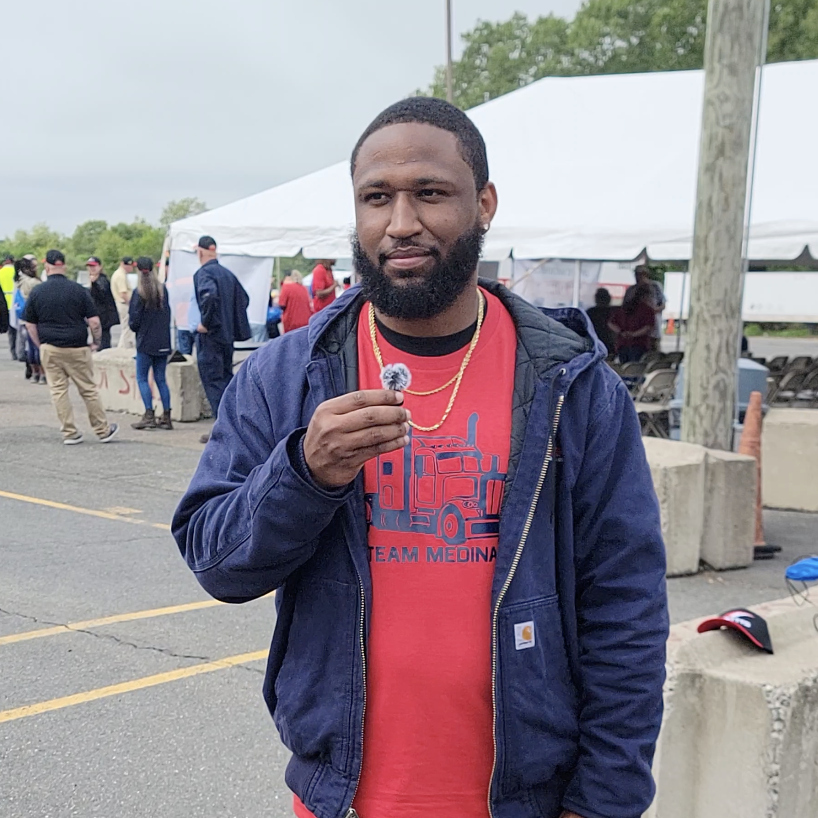
Tiago
CDL Graduate
Bridgeport, CT
Spring 2025
Keep trying and keep working at it and you’ll get it. Just be patient with yourself, don’t be too hard on yourself and take your time.
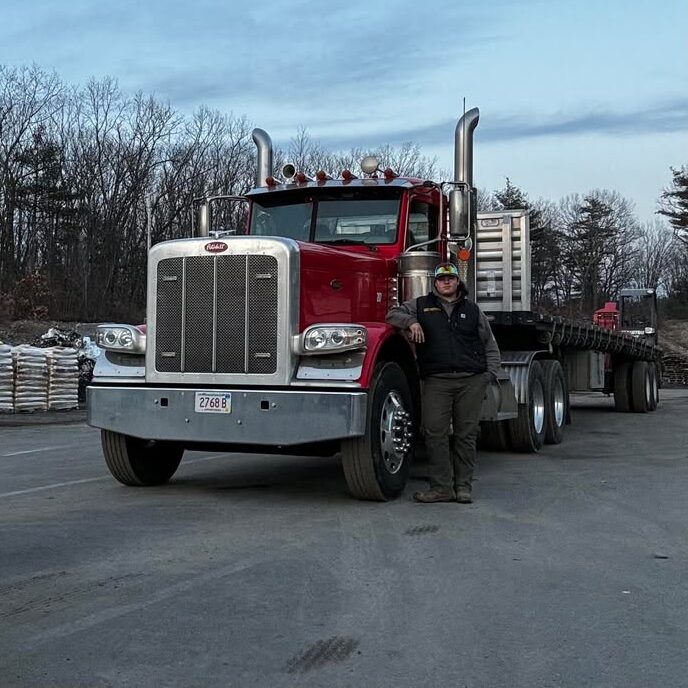
Tyler S.
CDL Graduate
North Andover, MA
Spring 2023
For me personally I’m pretty bullheaded so I used the tools and advice I was given from everyone at NETTTS, and worked my way through to the top!
*Consumer information regarding current graduate employment can be found with
Graduation, Licensure, and Employment rates.
Take the First Step Towards CDL Training
CDL Training Frequently Asked Questions
Do you have more questions about New England Tractor Trailer Training School? Find out answers to some frequently asked questions.
How do I become a truck driver?
To become a truck driver, you’ll need to complete a CDL training program from an approved Entry-Level Driver Training (ELDT) provider, and pass both state written and driving tests. NETTTS can help show you the way, from training to testing.
What is the difference between local and over-the-road (OTR) trucking?
Local trucking means you’ll usually be home each night, while OTR trucking involves longer trips across multiple states. Both offer different lifestyle options and pay structures.
Is financial aid available?
Yes. Financial aid is available for those who qualify. Our team can help you understand your options and guide you through the application process.
What is the difference between Class A and Class B CDLs?
A Class A CDL allows you to drive larger combination vehicles like tractor-trailers. A Class B CDL covers single vehicles like dump trucks and box trucks. The best option depends on the type of driving job you want.




